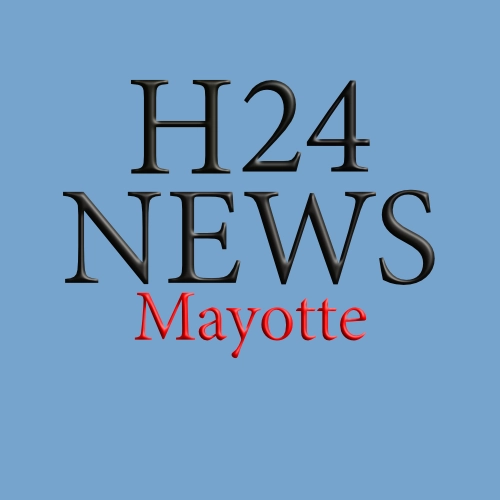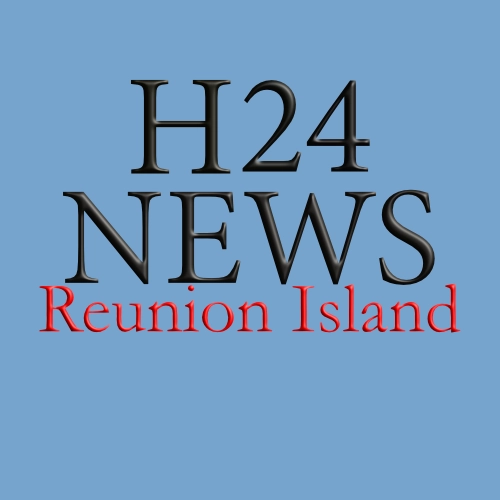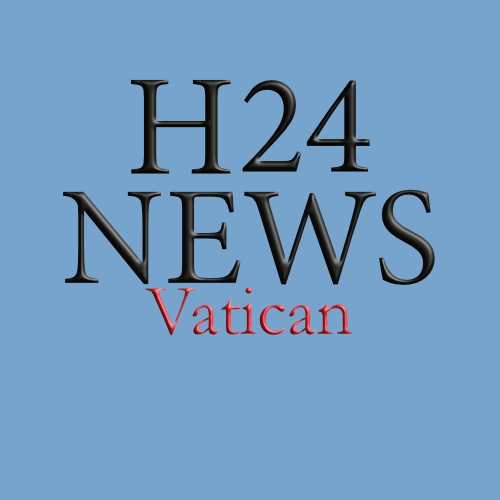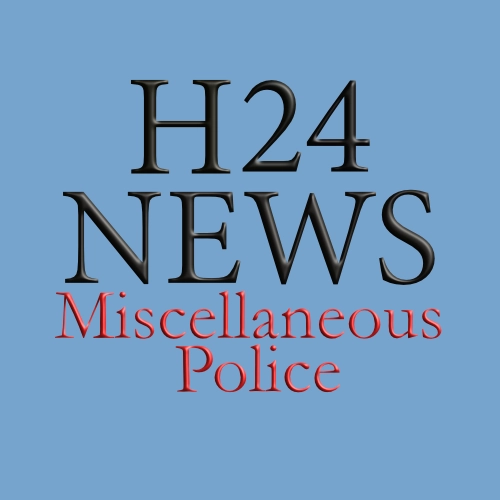The Challenges of French Diplomacy in the Face of Donald Trump’s Return
With Donald Trump’s inauguration as the 47th President of the United States, transatlantic relations enter an uncertain phase. France, through Emmanuel Macron, is striving to protect its interests while embodying a weakened European voice. The billionaire Republican’s return to the White House forces Paris to revise its strategic approach, balancing charm, confrontation, and pragmatism.
A Hesitant but Determined Diplomacy
From the moment Trump’s victory was announced in November, Emmanuel Macron promptly congratulated his American counterpart. Yet, France’s stance toward Washington oscillates between firmness and cooperation. In his January address to ambassadors, Macron emphasized the importance of not appearing weak: “Being defeatist will earn us no respect from the United States.” However, this position is coupled with a willingness to collaborate with an ally that, according to the French president, remains “solid.”
The Élysée chose not to grant special attention to the inauguration ceremony. While some European leaders, like Giorgia Meloni and Viktor Orban, attended in Washington, France opted to send its ambassador, Laurent Bili. This decision, described as routine by the Quai d’Orsay, highlights a cautious diplomatic approach.
Rethinking Strategy with a More Prepared Trump
The memory of Donald Trump’s first term, marked by trade tensions and political disagreements, prompts Emmanuel Macron to rethink his strategy. In 2017, the French president attempted a charm offensive by welcoming Trump with grand gestures, including a dinner at the Eiffel Tower. The results were modest, as Trump remained focused on American economic interests.
Now, France must address tangible threats: increased tariffs on European products, particularly wines, spirits, and luxury goods, could heavily impact the French economy. Wine exports alone account for €2.1 billion in France’s trade balance with the U.S. This presents a significant challenge for Macron, who must adapt to Trump’s entrepreneurial pragmatism, described by a former diplomat as “speaking a business language we do not master.”
A Europe Seeking Unity Amid Global Challenges
At the European level, Macron advocates for strengthened economic and strategic defense. During a meeting in Budapest, he called for accelerating the development of an independent European defense: “The world is made of herbivores and carnivores. If we remain herbivores, we will simply be a market for others.” This stance comes as Donald Trump openly expresses his intent to disrupt Europe, particularly by exploiting internal divisions and leveraging allies like Italy and Poland.
The European Union, weakened and divided, struggles to define a clear position. Ursula von der Leyen, President of the European Commission, appears to leave room for Macron, who aspires to play a key role in negotiations with Washington and to position himself as a mediator in the Ukraine-Russia conflict. Trump’s recent visit to Paris for the reopening of Notre-Dame, accompanied by a tripartite meeting with Volodymyr Zelensky, presents a symbolic opportunity to rekindle transatlantic dialogue.
Diplomacy on a Razor’s Edge
Emmanuel Macron will face the challenge of a more prepared Donald Trump, surrounded by external allies like Viktor Orban or Nigel Farage, while managing France’s economic and strategic interests. Negotiations with Washington might include “deals” such as the purchase of American arms or contracts for liquefied natural gas, aimed at defusing trade tensions.
In this context, France’s approach must combine firmness, pragmatism, and adaptability. The stakes are high for Macron, who must prevent France and the European Union from becoming mere spectators to an American diplomacy driven solely by its own interests.
Donald Trump: A President with Multiple Conflicts of Interest
In addition to foreign policy, Donald Trump’s return to the presidency is accompanied by numerous risks tied to his personal business dealings. This area, already mired in controversy during his first term, may once again become a source of public scrutiny. Trump, still deeply involved in real estate projects and financial investments, could leverage his position as president to promote his businesses and personal fortune. Several of his properties, including hotels and land in countries such as Saudi Arabia, the United Arab Emirates, and India, present risks of corruption and undue influence.
Economic Interests at Risk
Furthermore, Trump is also involved in the cryptocurrency sector, a volatile field in which he holds assets. This could motivate him to loosen regulations to benefit his personal investments. Projects like launching a “meme coin,” a purely speculative token, raise concerns about his use of the presidency to enrich his businesses.
The Trump Media & Technology Group, which owns the Truth Social network, could also capitalize on Trump’s popularity for financial gain. Additionally, the sale of merchandise bearing his likeness—from watches to NFTs—represents another revenue stream that could grow during his presidency.
The Shadow of Persistent Conflicts of Interest
Although he has pledged to separate his business dealings from his presidential duties, ambiguities remain. The trust intended to manage his assets merely restricts access to certain financial information without barring new real estate transactions. Criticism of his activities, particularly in cryptocurrencies, persists, as Trump could still reap economic benefits from his policy decisions even after leaving office.







